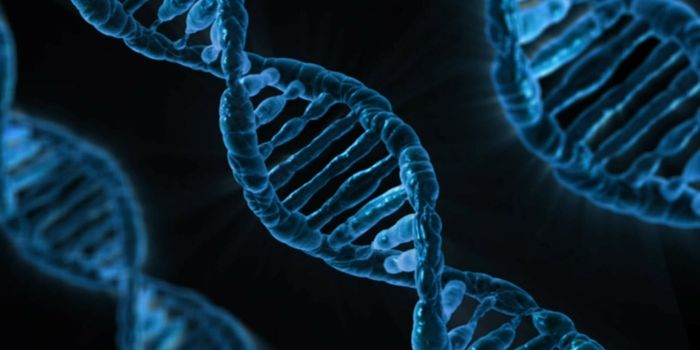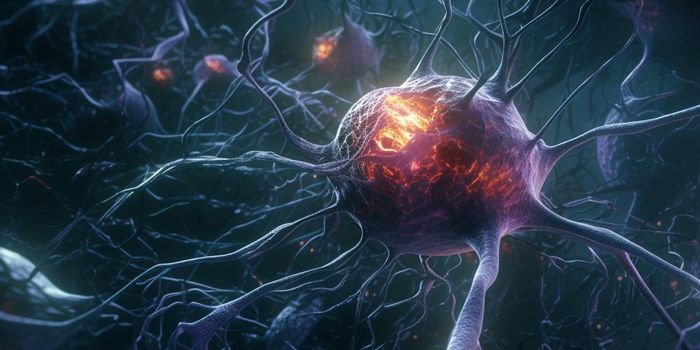Man beats brain cancer with ketogenic diet
Glioblastoma brain cancer continues to be one of the most fatal cancers, responsible for approximately 15,000 death every year. Although new immunotherapies are becoming more available, there has been no significant increase in the median survival time of patients, which still ranges from 11 to 15 months for GBM. That’s why the case of a man with GBM who has been living for 82 months without the standard of care treatment is so noteworthy. How has he done it, you ask? With his ketogenic diet.
In a report published in Frontiers in Nutrition, co-author Boston College Professor of Biology Thomas Seyfried advocates for ketogenic metabolic therapy (KMT) as a non-toxic nutritional approach to fighting disease. KMT is a low-carbohydrate, high-fat diet that can be a complementary way to manage a range of cancers, including glioblastoma. The report is the first to analyze the use of KMT without chemo or radiation interventions on a patient diagnosed with IDH1-mutant glioblastoma.
"As GBM, like most malignant cancers, is dependent on fermentation for energy synthesis and survival, the simultaneous restriction of fermentable fuels, such as glucose and glutamine, while elevating non-fermentable ketone bodies, offers a non-toxic therapeutic strategy for managing GBM," explained Seyfried. "Further studies will be needed to test this hypothesis in other patients diagnosed with GBM."
The patient in this report opted to reject the current standard of care for GBM (typically involving surgical resection, radiation, and chemotherapy), instead choosing to manage his tumor with a self-directed ketogenic diet. After a 3-year period of very slow growth of the tumor, the patient underwent a surgical debulking, which confirmed that his tumor had a mutation known as the IDH1. According to Eureka Alert, this mutation is acquired by chance and is known to ameliorate overall survival.
"Following surgery, the patient continued with a self-administered ketogenic diet to maintain low Glucose Ketone Index (GKI) values, indicative of therapeutic ketosis," the researchers report. "In light of continued slow progression of the residual tumor, the patient intensified his KMT starting in October, 2018 with the inclusion of mindfulness techniques to reduce stress. While Magnetic Resonance Imaging (MRI) shows slow interval tumor progression, the patient remains alive with a good quality of life at the time of this report."
"We were surprised to discover that KMT could work synergistically with the IDH1 mutation to simultaneously target the two major metabolic pathways needed to drive the growth of GBM," said Seyfried. "Glucose drives the glycolysis pathway, while glutamine drives the glutaminolysis pathway. No tumor, including GBM, can survive without glucose and glutamine. Our study has identified a novel mechanism by which an acquired somatic mutation acts synergistically with a low carbohydrate, high-fat diet to provide long-term management of a deadly brain tumor."
Nevertheless, the authors caution that this success story, while inspiring, will likely not replicate itself in patients without the IDH1 mutation. "We cannot predict if the therapeutic response to KMT seen in our GBM patient will also be seen in other similarly treated GBM patients. For those GBM patients not fortunate enough to have acquired the spontaneous IDH1 mutation in their tumor, glutamine targeting drugs used with KMT will be necessary to reduce tumor growth."
Sources: Frontiers in Nutrition, Eureka Alert








